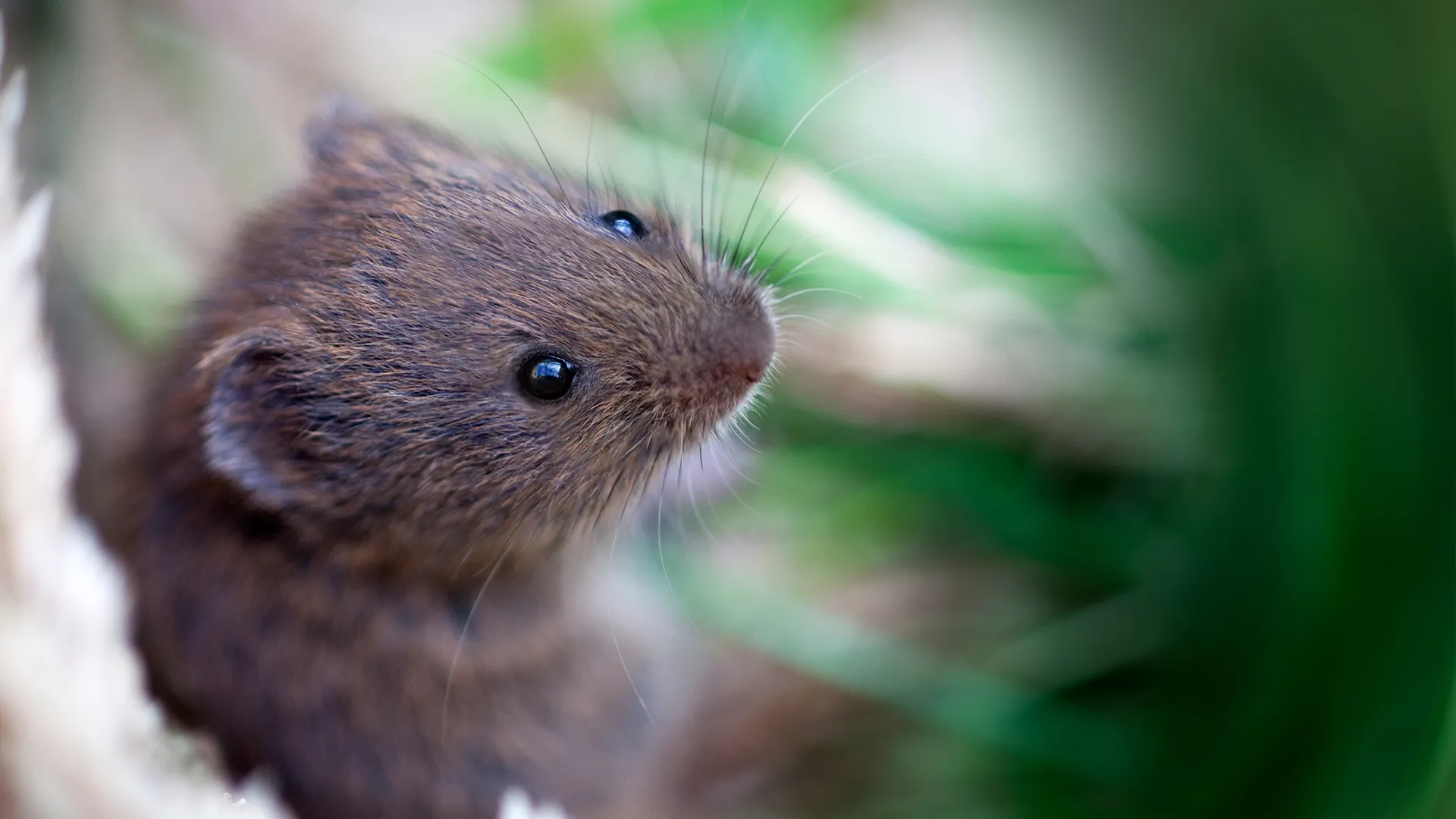A non-toxic method to prevent mice from devouring wheat crops has been shown to drastically reduce seed loss.
The technique, developed by scientists at the University of Sydney, could be a game-changer in the management of crop loss to mice plague. In 2021, NSW Farmers said the mice plague at the time could cause $1 billion of damage to Australian crops.
The research, published in Nature Sustainability, is led by PhD student Finn Parker, with co-authors Professor Peter Banks, Dr Catherine Price and Jenna Bytheway, from the Sydney Institute of Agriculture and School of Life and Environmental Sciences.
The team estimates that mice successfully steal 63 percent fewer wheat seeds, compared to untreated controls, if a wheat crop is sprayed with diluted wheat germ oil during and after sowing.
The researchers found that if the wheat plot was also sprayed with the same solution before planting, then seed loss reduced by an even better 74 percent. This, they say, is because the mice had learned to ignore unrewarding wheat odour by the time the crop is planted.
“We found we could reduce mice damage even during plague conditions simply by making it hard for mice to find their food, by camouflaging the seed odour. Because they're hungry, they can’t spend all their time searching for food that’s hard to find,” Professor Banks said.
“When the smell of the seed is everywhere, they'll just go and look for something else instead of being encouraged to dig. That’s because mice are precise foragers that can smell seeds in the ground and dig exactly where a seed is, but they can’t do that in this situation because everything smells like the seeds.
“This misinformation tactic could work well in other crop systems, indeed any animal that finds food by smell is potentially vulnerable to us manipulating that smell and undermining their ability to search.”
Mr Parker said the camouflage treatment could be an effective solution for wheat growers, given wheat’s brief vulnerability.
“The camouflage appeared to last until after the seeds germinated, which is the period of vulnerability when wheat needs to be protected,” he said.
“Most mouse damage occurs from when seeds are sown up to germination, just under two weeks later.
“Mice can’t evolve resistance to the method either because it uses the same odour that mice rely on to find wheat seeds.”
The research was conducted in May 2021 on a farm 10 kilometres north-west of Pleasant Hills, New South Wales, where five treatments were tested across 60 plots.
Two of the treatments involved the wheat germ oil solution. The other three treatments were controls, with plots covered in canola oil, trampled or left untreated. All control treatments performed similarly, receiving significantly more damage than treated plots.
Wheat germ oil is a relatively inexpensive by-product of the milling process. The authors said their solution, which contains only wheat germ oil diluted in water, offers a sustainable, non-lethal alternative to pesticides and baits.
“If people want to control mice but can't get numbers down low enough, our technique can be a potent alternative to pesticides or add value to existing methods,” Dr Price said.
The research could aid wheat farmers at a crucial time. Mouse numbers are on the rise, and wheat is sowed in mid-autumn.
Next, the researchers plan to discover how diluted the concentration can be while effectively repelling mice, and how often the solution must be sprayed on a crop to remain effective.
The Department of Agriculture expects the value of Australian wheat to reach a record high of $15 billion this financial year.
Source - https://www.newswise.com













